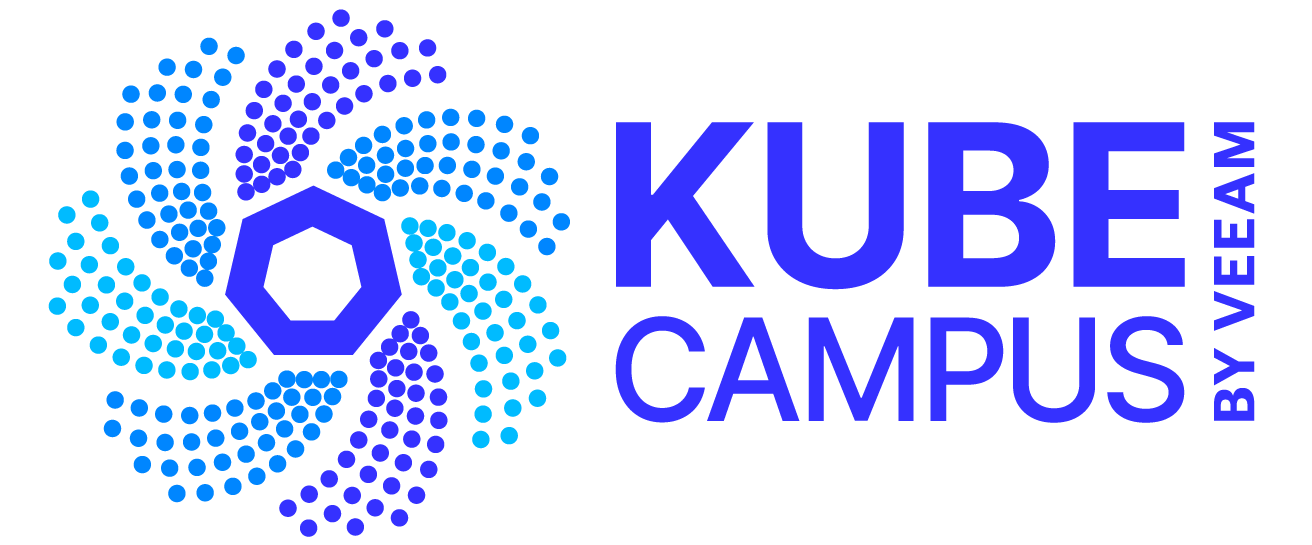What is Kubernetes?
Fast-forward your career success with our FREE Kubernetes Learning Platform
Home » Kubernetes
Why do you need to learn Kubernetes?
Kubernetes is an open-source container orchestration platform that automates deploying, managing and scaling containerized applications. Put another way, it’s a cluster management system that keeps workloads running and it’s a big deal in DevOps. As cloud native adoption continues to explode, Kubernetes has become the fastest-growing infrastructure platform. A Cloud Native Computing Foundation (CNCF) report has found that by 2020, more than 90% of organizations surveyed were using Kubernetes. Learning Kubernetes will be valuable to your career!
While demand for Kubernetes is high, the lack of Kubernetes training has been cited as one of the major challenges by the community. Enter KubeCampus.io, our site to help you learn Kubernetes in an accessible, practical way.
Kubernetes Advantages
Efficient container deployment and scaling
Dynamic container rescheduling
On demand orchestration of application components
System health
optimization
Kubernetes Challenges for DevOps
Top 5 Questions and Answers on Kubernetes
- You can easily access the necessary computer, storage and networking you need to support rapid growth.
- Storage is easy to use, and self-service is a snap. With Kubernetes, relational and NoSQL databases can be integrated easily and smoothly.
- Changes to containerized applications can be easily deployed. Improvements and updates to applications, even complex ones, can be made quickly.
- The platform can support scaling requirements almost instantaneously.
Kubernetes deploys and maintains applications and scales them based on various metrics such as CPU and memory. Its building blocks are known as primitives, and it defines compute and storage resources as objects.
The most important Kubernetes API objects include:
- Clusters
- Nodes
- Labels and selectors
- Replication sets
- Deployments
- Many users believe applications running on the Kubernetes platform should be architected to be stateless. In the infancy of Kubernetes, there was some truth to this belief.
- Today’s reality is that support for storage and stateful applications has reached maturity. Kubernetes has become an ideal platform for both stateless and stateful applications.
A pod is the smallest unit in Kubernetes. A pod holds one or more applications. By nature, pods are short-lived. If a pod or the node it executes on fails, Kubernetes can automatically create a new replica of that pod to continue operations. Pretty cool!
- A great place to learn more about Kubernetes is Course 1 of the KubeCampus Learning Series – “Build your first Kubernetes Cluster”
- The lab covers a variety of Kubernetes terminology. You will have an opportunity to architect and build a Kubernetes cluster, an important step toward understanding and working with Kubernetes successfully.
Why Join KubeCampus?
- Boost your career with valuable new skills
- Learn how Kubernetes ties in to DevOps with practical, hands-on labs
- Earn Badges for each lab and module completed
- Participate in upcoming Kubernetes Community events
- Chat with and learn from Kubernetes subject matter experts
- Get your top Kubernetes questions addressed on Slack or email
